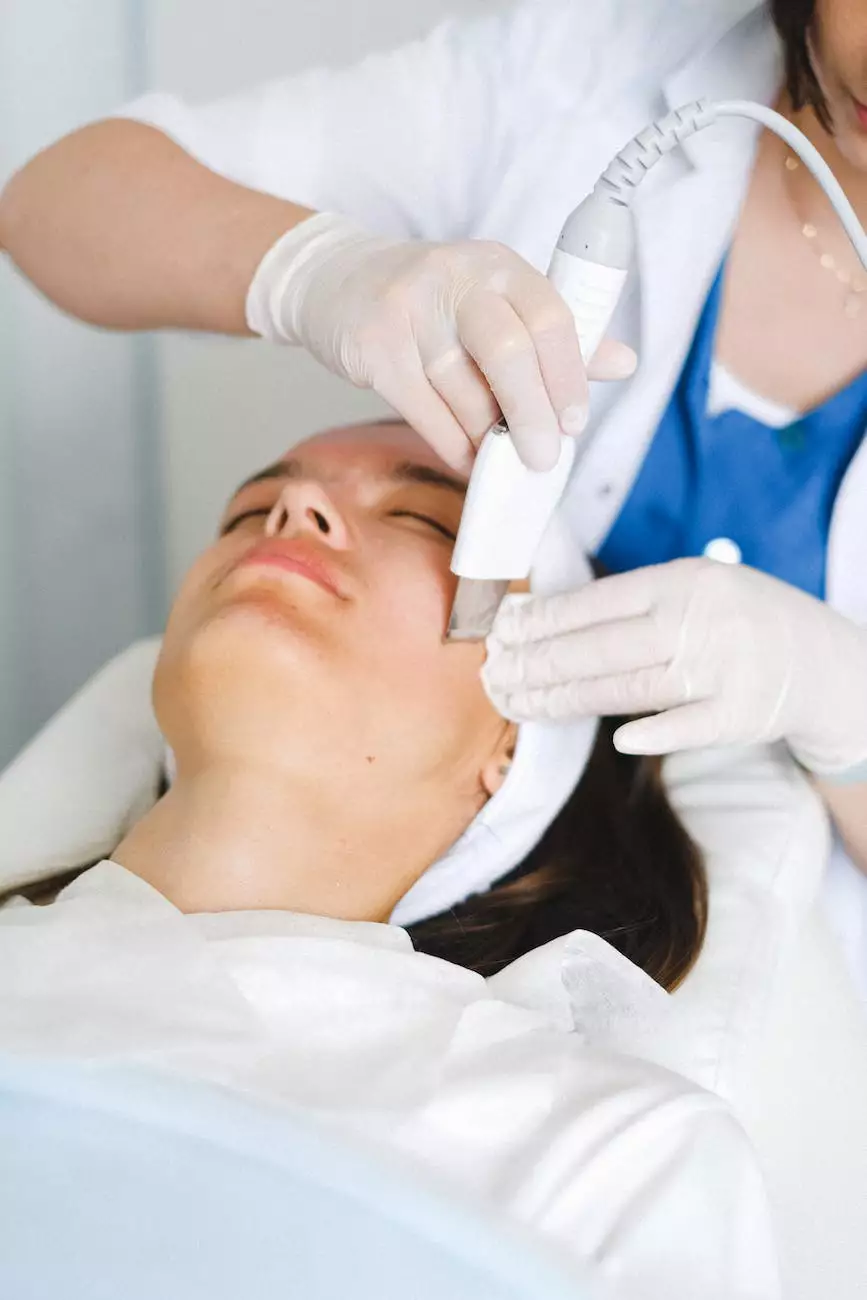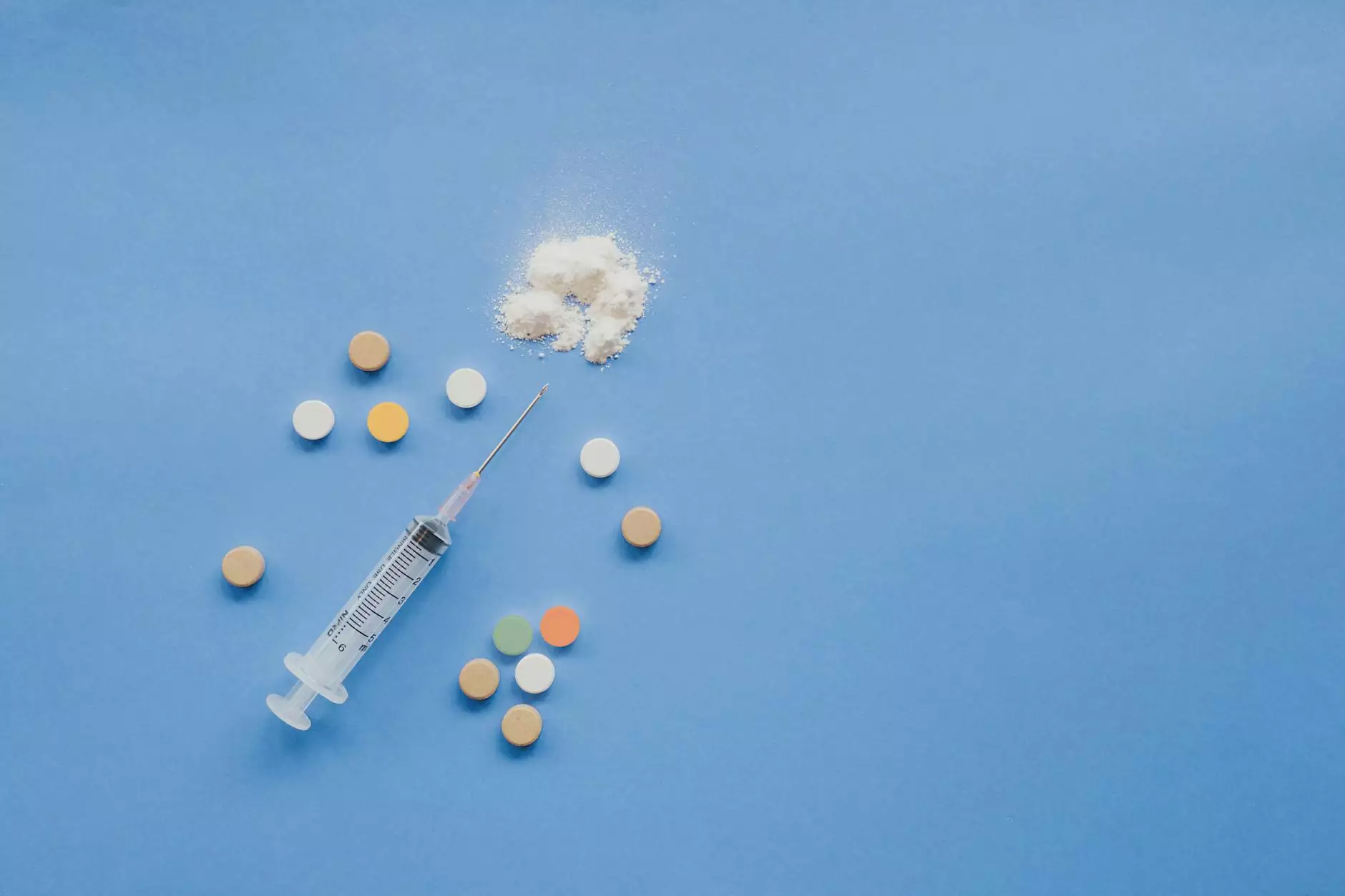Masturbation - The Real Story

Introduction
Masturbation is a natural and common human sexual activity that has been practiced throughout history. Despite its prevalence, there are still numerous misconceptions and taboos surrounding this topic. In this comprehensive guide, we aim to provide you with accurate information about masturbation and its impact on health.
The Importance of Open Conversation
At MUIR DIABLO OCCUPATIONAL MEDICINE, we believe in fostering a culture of openness and honest dialogue. It is crucial to address key concerns and provide reliable information to make informed decisions regarding sexual health.
Demystifying Masturbation
Masturbation, also known as self-pleasure, refers to the act of stimulating one's own genitals for sexual pleasure. It is a normal part of human sexuality and is practiced by people of all genders and ages. Contrary to popular belief, masturbation does not cause physical harm or lead to health problems.
Fact or Fiction: Common Myths
In our commitment to dispel myths and present facts, let's explore and debunk some common misconceptions about masturbation:
- Myth 1: Masturbation causes blindness or other vision problems. Fact: There is no scientific evidence to support this claim.
- Myth 2: Masturbation leads to physical weakness. Fact: Masturbation does not weaken the body or cause any physical deficiencies.
- Myth 3: Masturbation causes infertility. Fact: Masturbation has no connection to infertility and is a separate function from reproduction.
- Myth 4: Masturbation causes mental illness. Fact: Masturbation is a normal sexual activity and does not cause mental illness.
Health Benefits of Masturbation
Although masturbation is primarily a pleasurable act, it also offers various health benefits, including:
- Stress Relief: Masturbation can help you relax and reduce stress levels.
- Improved Sleep: Orgasms achieved through masturbation release endorphins, promoting better sleep.
- Enhanced Mood: Masturbation triggers the release of feel-good hormones, improving overall mood.
- Self-Exploration and Body Confidence: Masturbation allows individuals to explore their bodies and develop a better understanding of their sexual preferences.
Addressing Concerns and Questions
It is normal for individuals to have questions and concerns about masturbation. We encourage open dialogue and have compiled answers to some frequently asked questions:
Is Masturbation Safe?
Yes, masturbation is considered a safe and healthy sexual activity. It does not carry the risk of STIs (sexually transmitted infections) or unwanted pregnancies.
How Often is Too Often?
Masturbation frequency varies among individuals and can range from multiple times a day to several times a week. There is no universally right or wrong frequency, as long as it does not interfere with daily life or relationships.
Can Masturbation Become Addictive?
While it is possible for some individuals to develop compulsive behaviors related to masturbation, it is important to differentiate between a healthy sexual activity and addiction. If you feel that masturbation is interfering with your daily life or causing distress, it may be beneficial to seek professional help.
Conclusion
Masturbation is a normal and healthy aspect of human sexuality. At MUIR DIABLO OCCUPATIONAL MEDICINE, we aim to promote sexual wellness and provide accurate information to empower individuals to make informed decisions about their sexual health. Remember, open dialogue and understanding are key in breaking the stigma surrounding masturbation. Celebrate your sexual well-being!
Disclaimer: The information provided in this article is for educational purposes only and is not intended to replace professional medical advice. If you have specific concerns or questions about masturbation or sexual health, please consult a healthcare professional.









